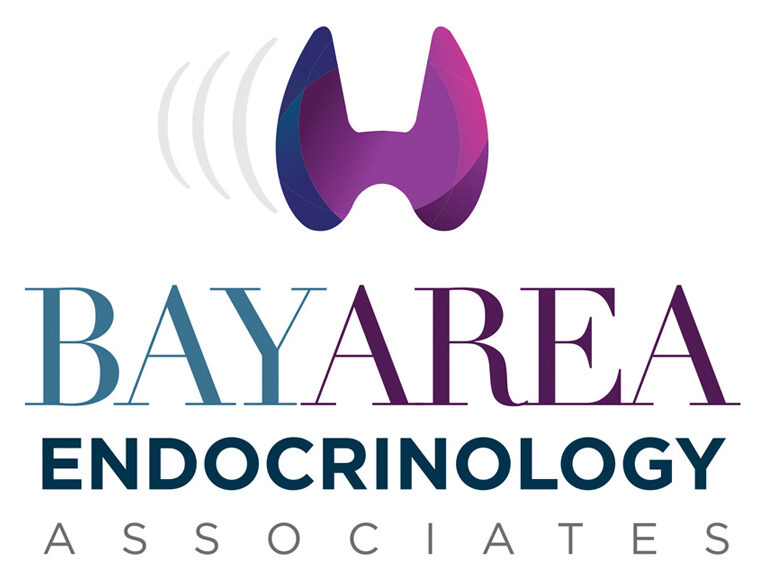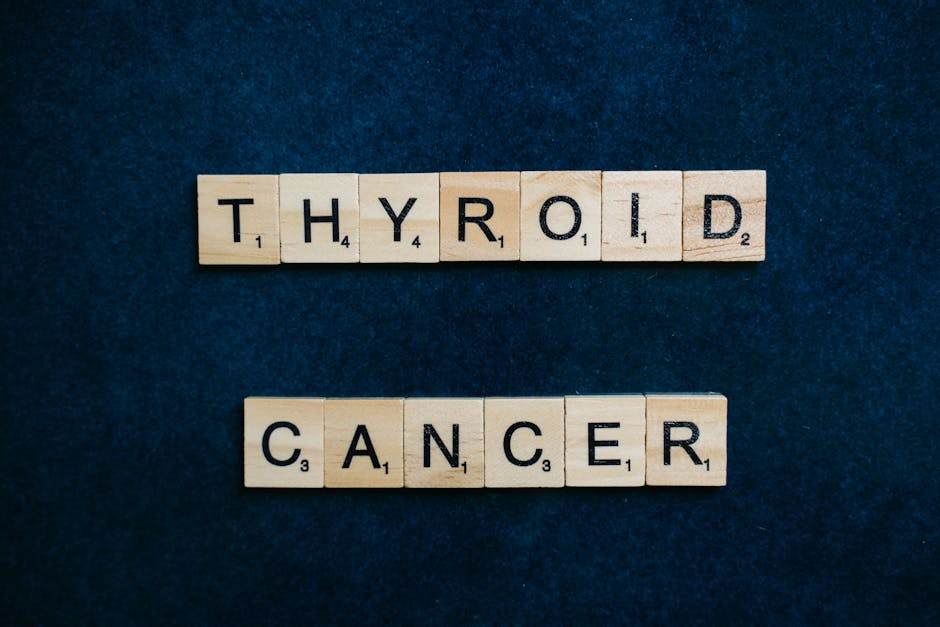Hashimoto’s Thyroiditis is an autoimmune disease that causes the thyroid to stay inflamed. It eventually hampers the thyroid’s ability to produce thyroid hormones. It is more prominent in women than men and can be found in children.
Hashimoto’s Thyroiditis is the leading cause of hypothyroidism in the United States. It is treated with medicine and can be helped by eating foods that do not cause inflammation.
Note: Hashimoto’s thyroiditis is also known as Hashimoto’s disease and chronic lymphocytic thyroiditis.
What Is Hashimoto’s Thyroiditis?
Hashimoto’s thyroiditis is caused by your immune system attacking your thyroid. The resulting inflammation initially causes your thyroid to leak. The leaking of hormones causes your thyroid to become overactive and produce an excess of hormones. Eventually, though, the inflammation prevents your thyroid gland from producing enough hormones.
Definitions:
- Thyroid: The thyroid is a butterfly-shaped gland located in the neck. The hormones it produces help the body to use energy, stay warm, and help the brain, organs, and muscles to work properly.
- Thyroxine: The main hormone produced by the thyroid gland.
- Hyperthyroidism: Hyperthyroidism, also known as an overactive thyroid, is a condition where the thyroid is over-producing hormones.
- Hypothyroidism: Hypothyroidism refers to an underactive thyroid. The thyroid gland is not capable of producing enough thyroid hormones to keep the body functioning normally.
- Endocrinologist: An endocrinologist is a doctor that specializes in the body’s glands and the hormones they produce.
What Are the Symptoms of Hashimoto’s Thyroiditis?
Hashimoto’s thyroiditis leads to hypothyroidism. As the number of thyroid hormones decreases in your system, your body processes start to slow. As your body slows:
- You tire easily.
- You feel colder than others around you.
- Your skin becomes drier.
- Constipation becomes a problem.
- You become forgetful and depressed.
- You gain weight without knowing why.
- For women, your menstrual cycle can become irregular or heavy.
- Your thyroid may become enlarged into a goiter.
How is Hashimoto’s Thyroiditis Diagnosed?
In addition to considering symptoms, an endocrinologist will administer a thyroid function test.
The pituitary gland produces thyroid-stimulating hormones (TSH) to activate the thyroid to produce thyroid hormones. As the level of thyroid hormones decreases in the bloodstream, the pituitary gland increases the output of TSH to trigger the thyroid to produce more hormones. The endocrinologist will be looking for a high level of TSH and a low level of free thyroxine.
A thyroperoxidase (TPO) antibodies test may also be done. Thyroperoxidase is an enzyme that helps make thyroid hormones. Antibodies attack the thyroperoxidase enzymes, limiting the ability of the thyroid to produce hormones. The presence of TPO antibodies may suggest Hashimoto’s thyroiditis, but it not does necessarily indicate hypothyroidism.
If you have a family history of thyroid problems, early detection of Hashimoto’s thyroiditis and hypothyroidism is possible and helpful to you. The well-trained and experienced endocrinologists in Tampa, FL at the Bay Area Endocrinology Associates can help you to diagnose your symptoms and provide you with the best treatment.
Interesting fact: Hashimoto’s thyroiditis is named after the Japanese medical scientist and doctor who discovered it in 1912, Hakaru Hashimoto. The disease was identified as an autoimmune disorder in 1957.
How Is Hashimoto’s Thyroiditis Treated?
If you test positive for TPO antibodies but test normal for TSH and free thyroxine, you do not need any treatment. Even if you have a mild case of hypothyroidism, you still may not require any medication.
But if you have a strong case of hypothyroidism, then you will need thyroid hormone replacement treatment. Thyroid hormone replacement treatment consists of taking synthetic hormone medication, like Levothyroxine. Synthetic thyroxine works in your body the same as your own thyroid hormones would.
The only safety concerns with taking synthetic thyroxine are taking too much or too little. You will be monitored for a period of time as the correct amount is determined.
How to take thyroid hormone medication: Your thyroid hormone should be taken on an empty stomach. Food in your stomach can affect the absorption of the hormone into your system. Try to take the hormone at the same time each day. This will help the level of thyroxine to remain stable in your system. Check with your doctor about any interaction between the thyroid hormone and other medications you are taking.
Because thyroid hormones are slow-acting, it may take several months for your symptoms to go away. Since your thyroid will not get better, taking thyroid hormone replacement medication may be a life-long practice.
What Is the Best Diet for Hashimoto’s Thyroiditis?
Diet will not cure Hashimoto’s thyroiditis, but eating the right foods may help you to feel better. Since Hashimoto’s thyroiditis is an autoimmune disorder that causes inflammation, eating certain types of food may help you to feel better.
Foods that are good:
- Whole foods.
- An array of colorful, high-fiber fruits and vegetables.
- Whole grains.
- Lean meats such as chicken, turkey, and fish.
Foods to avoid:
- Processed foods.
- Refined sugars and grains.
- Saturated and trans fat.
At Bay Area Endocrinology Associates located in Tampa, FL, we specialize in the treatment of all thyroid conditions including cancer, nodules, hyper and hypothyroidism. We perform our own thyroid ultrasounds, biopsies, and labs. Contact us today for any of your thyroid concerns.







